Monash IVF Group accused of burning documents, forging patient signatures in class action
Monash IVF has been accused of burning incriminating documents and using embryos for scientific purposes without patient consent in an explosive legal case.
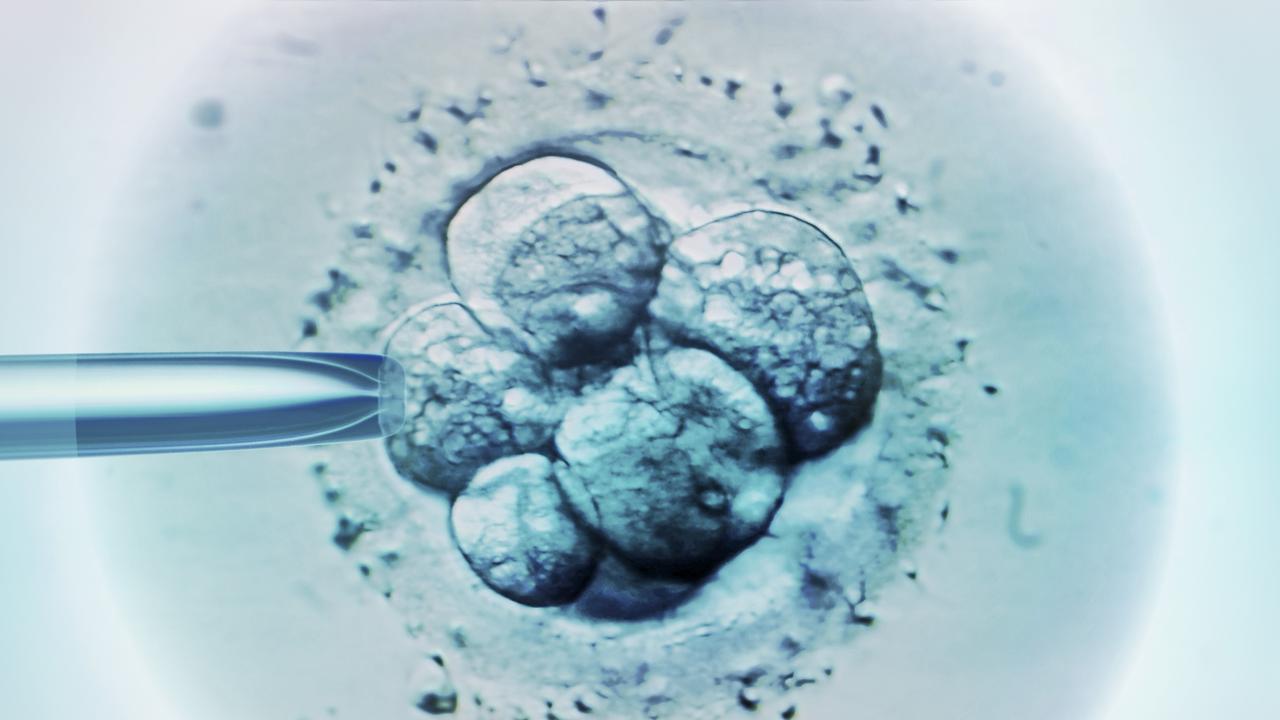
Melbourne mum Kirsty Jones said the negligence of Monash IVF Group destroyed her dream of growing her family.
After multiple miscarriages following the birth of her daughter, Ms Jones turned to the IVF clinic in April 2020 which sold itself as having “cutting edge” technology that would give her the best chance of falling pregnant.
She underwent an egg collection in May 2020 with three embryos tested with the faulty niPGT-A test.
Ms Jones was devastated to learn just one embryo was deemed ‘normal’, with the test showing ‘abnormal’ results for the remaining two.
“It put a huge amount of pressure on me at the time for that one embryo to work,” she said.
A few days before the viable embryo was transferred, she said she received a call from Monash IVF Group stating they had “concerns about the test” and that the abnormal embryo results may not be accurate.
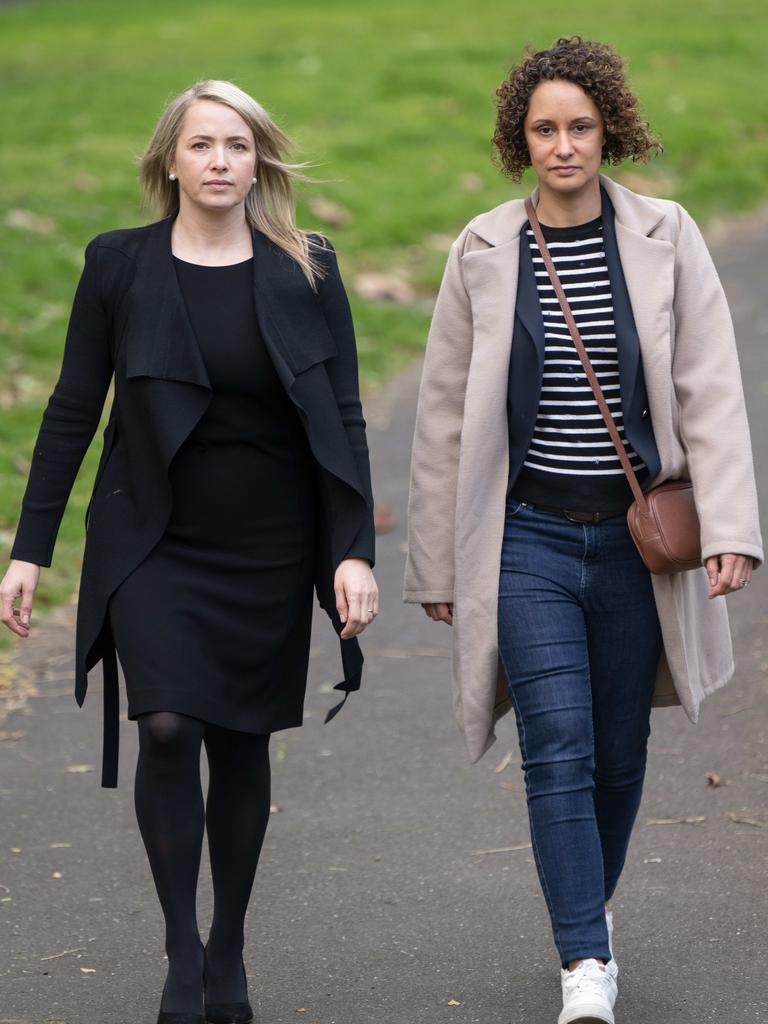
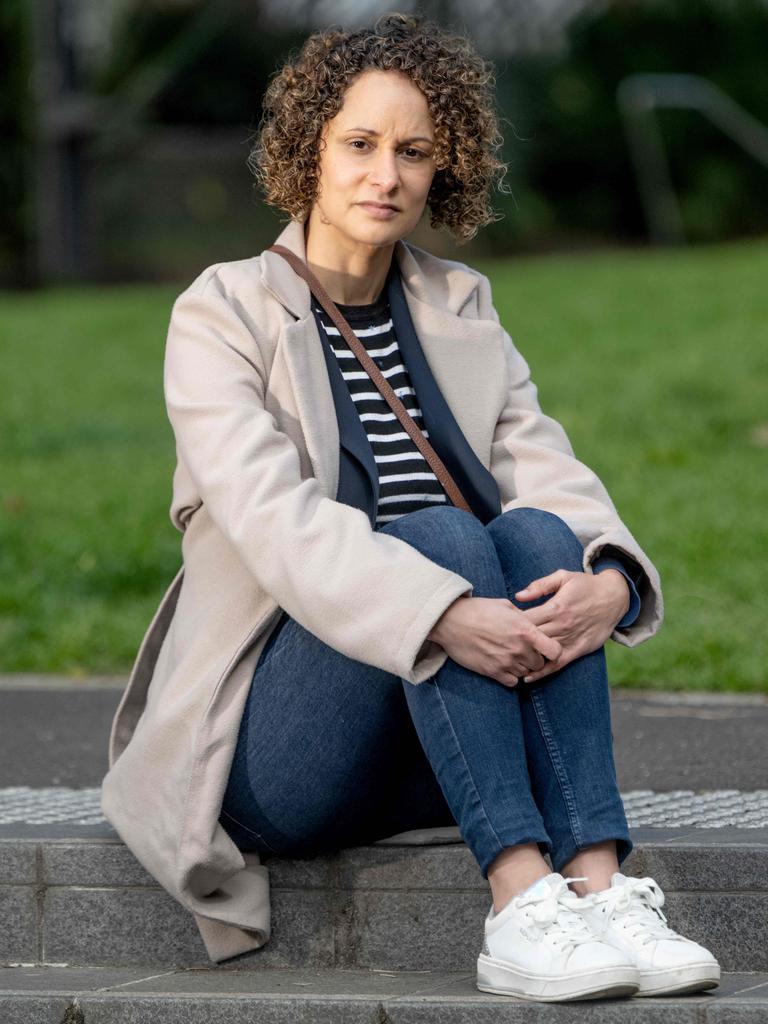
For nine painstaking months, Ms Jones believed her final two embryos had been destroyed and her chance at expanding her family gone.
The clinic later informed her the embryos still existed and she had them transferred to a separate clinic where one returned a ‘normal’ test result.
The last remaining embryo was transferred but was unsuccessful, leaving Ms Jones with painful unanswered questions about whether the outcome would have been different if the embryo was not made to twice undergo the freeze-thaw cycle.
Research shows extra freezing can have a detrimental effect on embryos.
“Today I have my daughter and my dog. We were not successful and I couldn’t do it anymore… I couldn’t go through it again,” Ms Jones said.
She said the ordeal caused her immense financial and emotional trauma and guilt at not being present for her daughter, now aged six.
Ms Jones said: “For a company dealing with embryos of potential children very much wanted in this world to treat a clinic trial with such unethical behaviour and with no sense of care toward patients is heartbreaking.”
“If they had been forthcoming with information it could have made a very awful situation a little easier.”
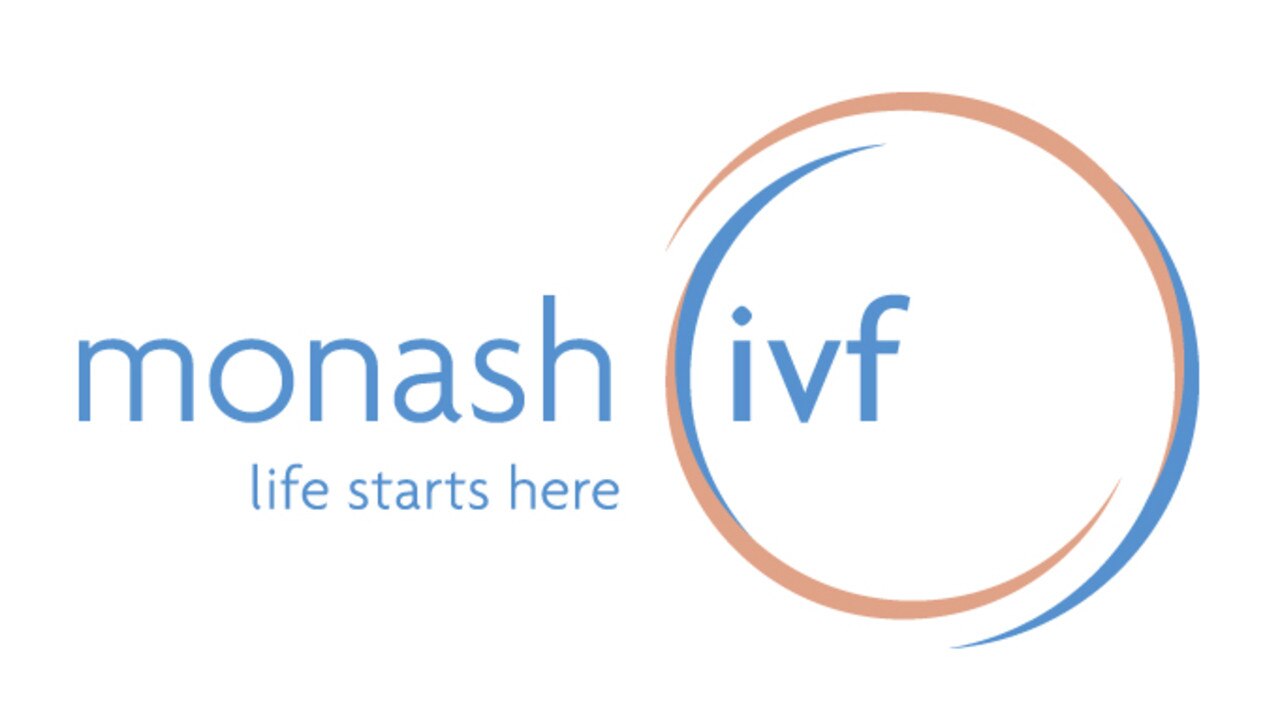
She said understanding what happened and why certain decisions were made was the most important outcome she hopes for with the legal action.
“I also hope it prevents other families from going through this process,” Ms Jones said.
On Friday the Herald Sun revealed that explosive papers lodged in the Supreme Court of Victoria alleged a Monash IVF Group scientist burnt documents fearing possible criminal consequences arising from her conduct during the research underpinning a breakthrough IVF test.
The cover-up allegations were made in documents filed in the Supreme Court of Victoria on Friday as part of a class action that revolves around the destruction of embryos.
Monash IVF Group is Australia’s oldest and most celebrated fertility service; it opened in Melbourne in 1971 and is now a publicly listed company.
The amended Statement of Claim filed in the court on Friday also alleges that:
STAFF removed and destroyed data the day after a senior doctor died to avoid potential criminal charges relating to its faulty embryo genetic screening program;
SUSPICIONS existed over patient signatures on consent forms used in the clinical trial;
SIGNATURES attributed to different patients appeared to be written in the same hand; and
SCIENTISTS used patients’ embryos for scientific purposes when patients had instructed them to discard those embryos.
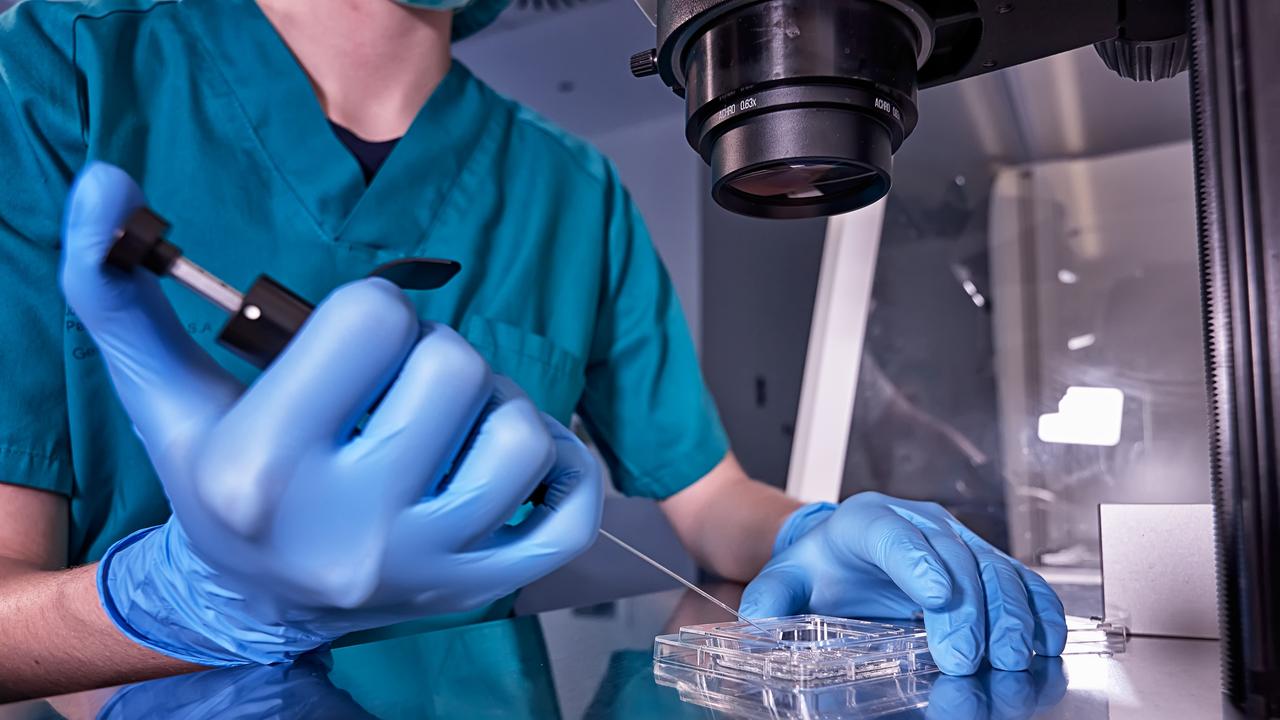
Margalit Injury Lawyers managing principal Michel Margalit said the allegations in the statement of claim – amended from an earlier filing – showed “real harm” had been caused to her clients.
“Many women were told by their doctors that they were unable to produce a normal embryo due to the incorrect results produced by niPGT-A,” Ms Margalit said.
“This advice was devastating at the time, and has left lasting emotional scars.”
In May 2019 Monash IVF Group began offering patients a new test it had developed called niPGT-A.
This was touted as the first non-invasive preimplantation genetic test, a holy grail for fertility clinics worldwide that identified chromosome abnormalities taken from samples from a liquid culture around the embryo rather than the standard test that took a biopsy.
When abnormalities were identified, patients were given the choice of keeping the embryos, donating them to science or destroying them.
A review by Monash IVF Group identified a “fault” with the test and in October 2020 it was suspended.
In March 2021, Margalit Injury Lawyers filed a multimillion-dollar action at the Supreme Court on behalf of 200 patients who underwent IVF cycles with the new test from May 2019 to October 2020.
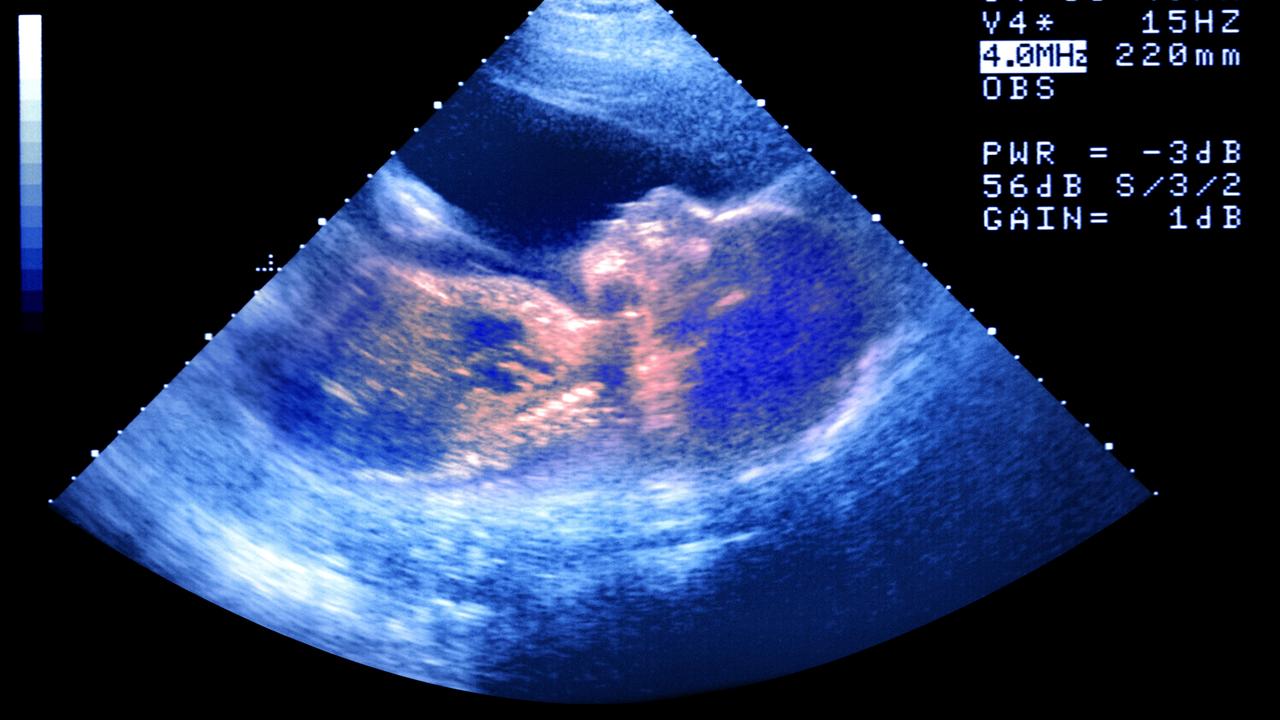
The class action was against Monash IVF Group, Repromed, Compass Fertility and related companies. Margalit Injury Lawyers has now registered more than 700 claim members in a class action.
Lead plaintiffs Danielle Bopping and Michelle Pedersen said they felt “duped”, having believed they were getting gold standard medical treatment.
Ms Margalit said a class action would seek aggravated and exemplary damages on top of damages for financial loss and psychiatric pain and suffering.
She said as a result of this testing some patients had their embryos classified as abnormal and unsuitable for transfer and feared they may have lost their chance to ever have biological children.
The class action claims the test had not been peer-reviewed and patients were lied to when they were told it was almost 95 per cent accurate.
It also claims the test was conducted on more than 1200 patients and incorrectly led to viable embryos being destroyed.
“Our clients made life-altering decisions based on the niPGT-A results,” Ms Margalit said on Friday. “Some then elected to obtain donor embryos and become pregnant with them, only to later find out that their own genetically related embryo may have been normal and those embryos now potentially available for use.
“Many patients underwent further rounds of IVF and surgery that they arguably would not have had if their embryos had not undergone niPGT-A.
“Some people made the terribly difficult decision to cease their IVF journey based on the niPGT-A results, only to have old wounds opened when the accuracy of the testing was brought into question.
“Many embryos were destroyed, while other patients found out nine months after the testing was suspended that their embryos they thought had been destroyed in fact remained in storage.”
In a statement, Monash IVF Group said it was preparing a defence to the new claims.
More Coverage
Originally published as Monash IVF Group accused of burning documents, forging patient signatures in class action




